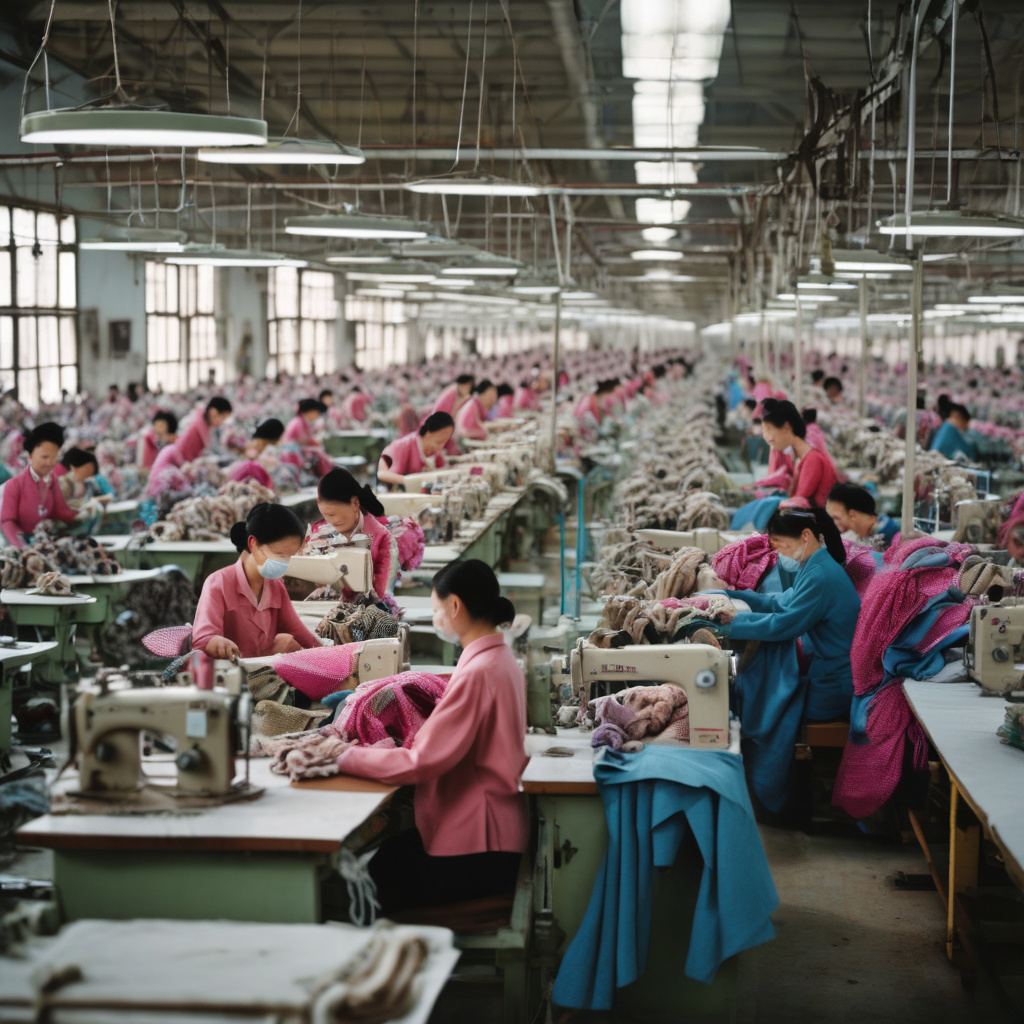China Advises Shein Against Shifting Supply Chain
In a recent report by Bloomberg News, it has been unveiled that the Chinese government is advising the fast-fashion giant Shein against the move to shift some of its production outside the country. This development has sparked discussions and raised eyebrows in the business world, shedding light on the intricate relationship between global brands and their countries of origin.
Shein, known for its trendy and affordable clothing lines, has been contemplating relocating a portion of its supply chain operations to other countries. This strategic decision is often made by companies aiming to diversify risks, reduce costs, or improve efficiency. However, in the case of Shein, the proposed move has been met with resistance from the Chinese authorities, signaling a potential complication in the brand’s expansion plans.
The Chinese government’s stance on Shein’s supply chain relocation underscores the complex dynamics at play in the global business landscape. While companies seek to optimize their operations and adapt to changing market conditions, they must navigate a web of regulations, political considerations, and economic interests. In the case of Shein, the government’s intervention highlights the significant role that state actors can play in shaping corporate strategies and decisions.
Moreover, Shein’s experience serves as a cautionary tale for companies operating in highly interconnected and geopolitically sensitive industries. The fashion industry, in particular, is no stranger to supply chain disruptions, trade disputes, and regulatory challenges. By closely monitoring developments in key markets and maintaining open lines of communication with relevant stakeholders, companies can mitigate risks and avoid potential pitfalls in their global expansion efforts.
As Shein weighs its options and evaluates the implications of the Chinese government’s advice, the case also raises broader questions about the future of supply chain management in an increasingly complex and interconnected world. Companies must strike a delicate balance between maximizing operational efficiency and resilience and navigating geopolitical uncertainties and regulatory constraints.
In conclusion, Shein’s encounter with the Chinese government’s opposition to its supply chain shift serves as a reminder of the multifaceted nature of global business operations. As companies seek to innovate, grow, and adapt to changing market dynamics, they must remain vigilant, agile, and responsive to the evolving geopolitical landscape. By staying attuned to regulatory developments, engaging proactively with stakeholders, and fostering resilience in their supply chains, companies can position themselves for long-term success in an ever-changing global marketplace.
supply chain, Shein, Chinese government, global business, fashion industry












